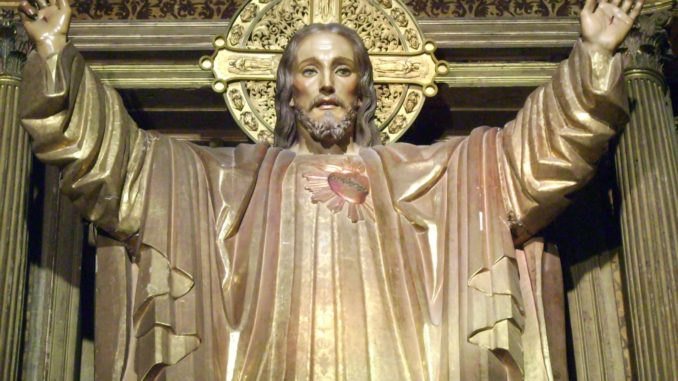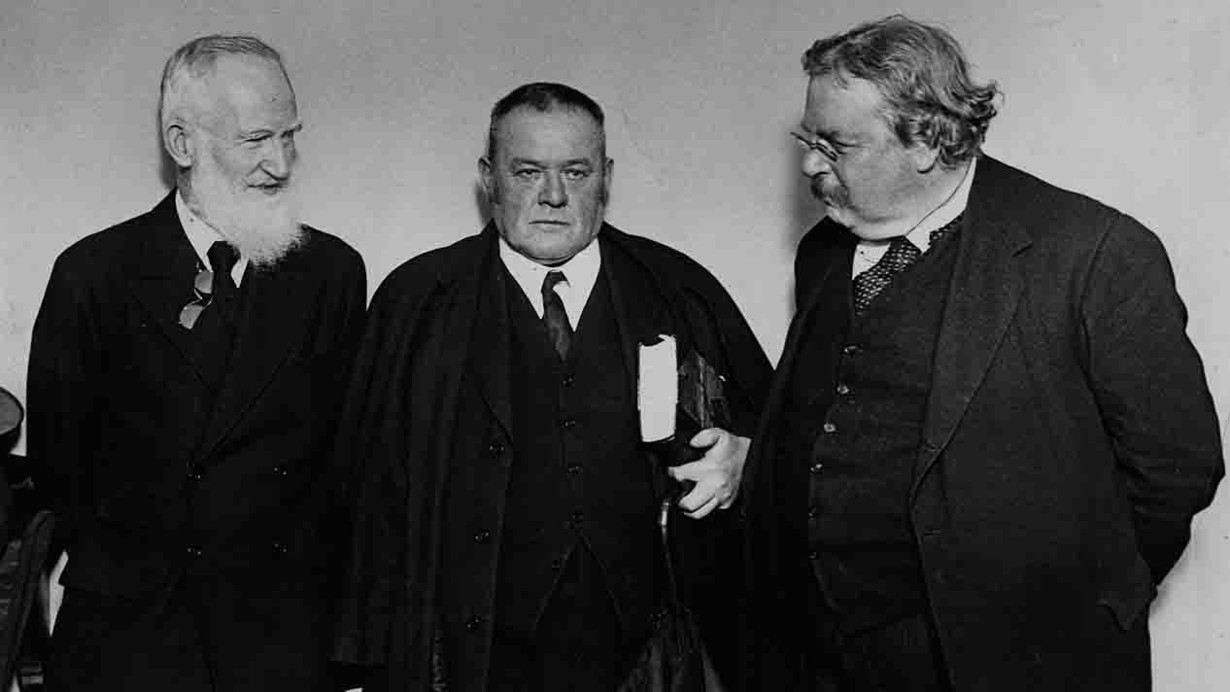
Originally published: Miguel Quesada, Círculo Hispalense.
***
The crisis of Catholic thought is, as the years go by, a fact rather than a debate. Recent events do not seem to indicate that the crisis is nearing its end, but rather a hardening of attitudes, as well as the evidence, which is becoming more evident every day, of the dissolution of the faith by religious modernism. Nevertheless, there seems to be a feeling that the obsession of our pastors with putting an end to Catholicism is encountering some resistance, which could be signs of green shoots of recovery; time will judge such a possibility.
On the other hand, it is undeniable that these reactions are extremely fragile, that they see the evil and try to wake up from the lethargy to which they have been condemned by the concealment of the faith of the Apostles. This fragile position also requires extraordinary prudence, since any fiasco in such conditions has a destructive potential.
The circumstances outlined above lead me to consider a risk with which Catholicism has had to deal in the past and which is returning in our time, acting like a bramble that stifles the healthy desire for the recovery of the faith. This risk is none other than the apolitical nature of the Catholic restoration, which I have preferred to call apoliticism because of its ideological constraints.
The paradoxical Leo XIII, who with one hand raised the Catholic political corpus and with the other destroyed it in practice by urging collaboration with liberal regimes, went down in history as the initiator of the Church’s tactical collusion with liberalism. Although this can be nuanced – since there are precedents of concessions in previous pontificates – it must be accepted that the Ralliement marked a path followed without exception by subsequent pontiffs; a practical, not theoretical, collaborationist path. One of the ideas that animated this operative clericalism to liberalism was the rejection of politics and the praise of religion – politics divides, religion unites». This tendency to separate the Catholic religion from the regime in which it was incarnated – Christendom – was encouraged by the apostasy of Catholics who had become liberals, confronted with Catholics who opposed the revolution. The path opened by this division was false and deceptive, since the apoliticism of the popes was usually invoked in the face of conflicts with traditionalists, and not with the «Catholic parties», the flagships of papal clericalism, which had been absorbed by Christian democracies, and the latter, in the end, by Catholic liberalism.
After the Council, the prophesied spring turned out to be a sterile winter that is still afflicting us. With a few honorable exceptions, the majority of the Catholic people succumbed to the noxious fumes emanating from the theological faculties of Europe. The years of aridity and sterility were a spur to the modest awakening of the faithful who began to grasp the seriousness of the intra-ecclesial apostasy.
In this situation there are many groups that, encouraged by a more effective reaction, try to smooth out as many edges as possible and present a united and strong Catholicism. The main problem that arises is that they have included politics among the elements that they consider dispensable for effectiveness. In this way, they have arrived at situations in which they seem to have learned nothing from the tactical mistakes of the pre-conciliar pontificates, invoking religion as a unifying link between various ideologically infested groups. It is a vain illusion to seek the Reign of Christ without its political materialization; an illusion that is not only absurd, but animated by a Gnostic mentality that sees in nature contamination, division, an obstacle to the Kingdom of Christ, renouncing Creation as a sacramental, as a channel that leads us to the Creator.
The anti-political gnosis feeds on the desire for effectiveness, on haste and the eagerness to see numerical success. The Church certainly does not judge the determination of Catholic politics, but to abandon a priori the regime of Christendom in order to satisfy groups enlightened by modern ideologies, which try to baptize themselves with traditional Catholicism, is an absurd, if not fatal, error.
It is not only the errors caused by the perennial line of the Vatican Secretariat of State that should serve as a moral lesson, but also the Spanish political experience. The desire to sacrifice the Catholic political order, embodied in Spain by Carlism, for the sake of religious «peace», with examples as old – and as new – as the Catholic Union, showed its true face when it tried to annul the forces of Catholicism lived in communities and, in the name of the unity of the faithful, led the «rebels» to be encircled by the new regime.
With these lines I would like to contribute to the reflection of the apoliticists, of those who claim a theoretical tradition lacking in practical concreteness, of those who are more concerned with the flattery of ideologies, even «Catholic» ones, than with being faithful to the doctrine they claim to be restoring. Modernity was carved with the chisel of Gnosis; the sword that will destroy it cannot be the same one that gave it life.
Miguel Quesada, Círculo Hispalense




Deje el primer comentario